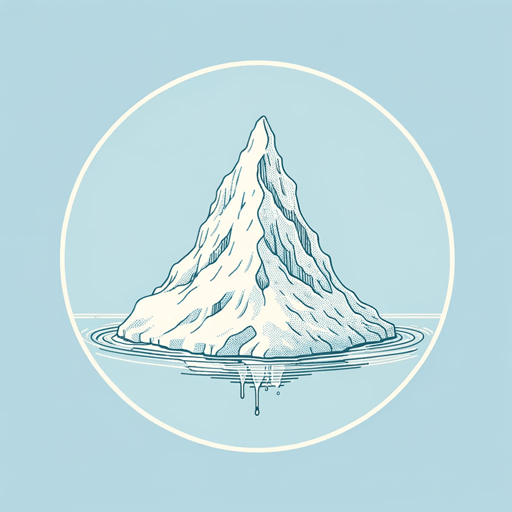79 pages • 2 hours read
Greta ThunbergThe Climate Book
Nonfiction | Book | Adult | Published in 2022A modern alternative to SparkNotes and CliffsNotes, SuperSummary offers high-quality Study Guides with detailed chapter summaries and analysis of major themes, characters, and more.
Important Quotes
“Perhaps, if you are one of the 19 million US citizens or the 4 million citizens of China who belong to that top 1 per cent—along with everyone else who has a net worth of $1,055,337 or more—then hope is perhaps not what you need the most.”
(Part 1, Essay 1.1, Page 3)
Thunberg criticizes society for focusing on the idea that humanity still has hope for slowing climate change. The emphasis on hope has allowed for privileged individuals to continue following their typical lifestyles. She targets the wealthiest individuals, which reflects the ideological context of The Climate Book, which holds that the good of the many is more important than the wealth of the individual.
“It is now that we are determining whether we leave our children and their children a planet that will continue drifting toward less and less inhabitable states in the future.”
(Part 1, Essay 1.8, Page 35)
Rockström describes the tipping points and feedback loops found in nature: Tipping points trigger large changes that are further impacted by created feedback loops, and the events may not be visible for years, decades, or centuries. This means the most significant implications of modern climate change will impact future generations. Humans struggle to comprehend long-term consequences, which has resulted in general apathy toward climate change, as many people, particularly those in charge, are more concerned with maintaining the status quo and with prioritizing continued economic growth.
“This crisis will continue to get worse until we manage to halt the constant destruction of our life-supporting systems—until we prioritize people and the planet over profit and greed.”
(Part 2, Essay 2.1, Page 49)
In the text, capitalism emerges as the primary cause of climate change and environmental degradation and as the main obstacle preventing humanity from acting to prevent a climate crisis. This implies that capitalism is potentially more harmful than it is beneficial to humanity.

